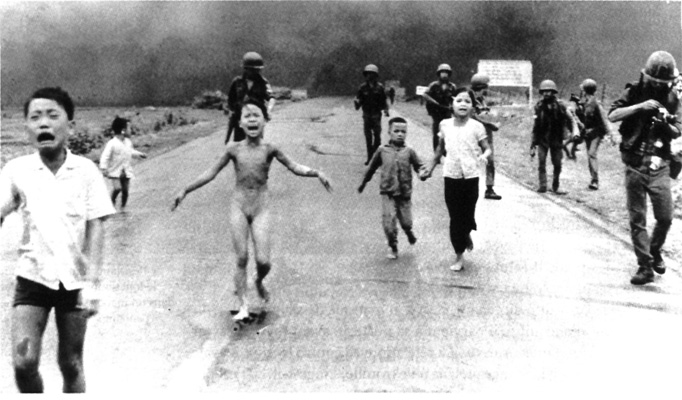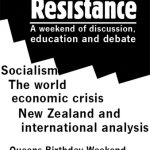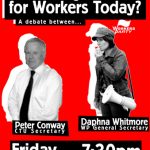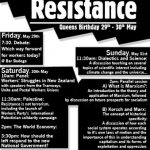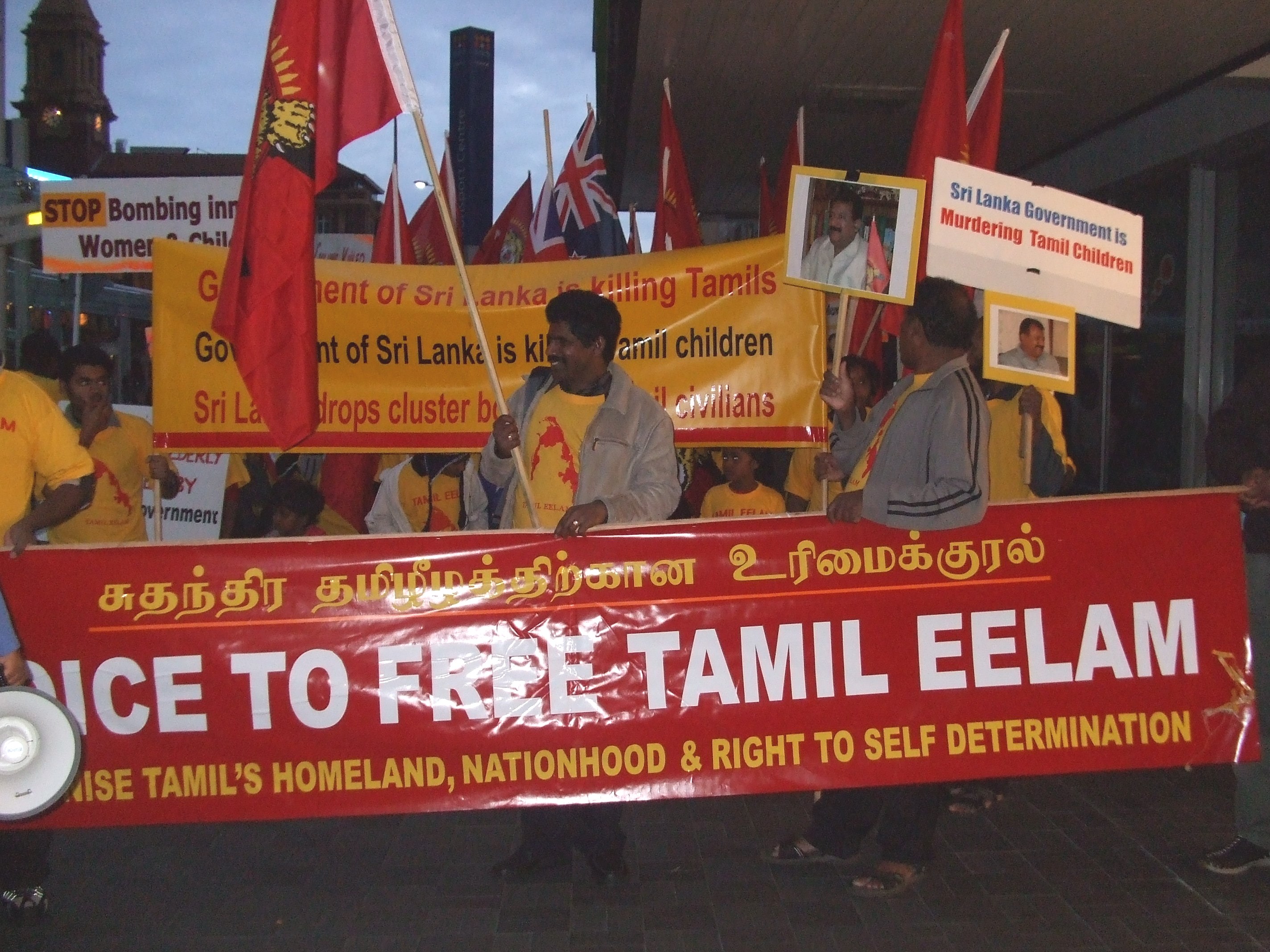PRESS RELEASE
Victoria University has disenrolled three students for an anti-war protest around Anzac day, and issued a warning to another student. Deborah Willis, Dean of the Humanities faculty, has disenrolled Joel Cosgrove and Alastair Reith, claiming a flag burning protest they held was serious misconduct. Ian Anderson who filmed the protest outside the Mount Street bar on campus has also been disenrolled, and Marika Pratley who was present, was issued a warning. The university has also banned all four from the Mount Street bar. The protest on 6 May was to highlight New Zealand involvement in wars of aggression from the Boer War, the World Wars, Vietnam to Afghanistan.
All four students are members of the Workers Party.
“The 20 second flag burning, which took place outside, in the rain, posed no danger to anyone” said Workers Party secretary Daphna Whitmore. “Universities are supposed to be the critical conscience of society. The actions of the University are political harassment and an attack on political freedom of expression on campus” she said.
The students are rejecting the university’s draconian actions against them and say they will continue to attend classes. They are calling on staff and other students to support their right to freedom of expression. END
Contact Daphna Whitmore 029 4949865 Joel Cosgrove 027 6009282

